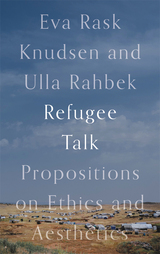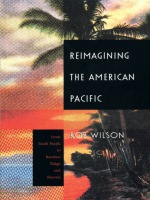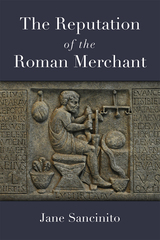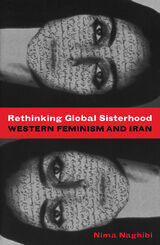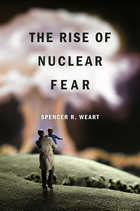Occupied Refuge: Humanitarian Colonization and the Camp in Kenya
Duke University Press, 2026
Cloth: 978-1-4780-2967-0 | Paper: 978-1-4780-3313-4 | eISBN: 978-1-4780-6188-5 (standard)
See other books on: African Studies | Camp | Human Geography | Kenya | Refugees
See other titles from Duke University Press
Cloth: 978-1-4780-2967-0 | Paper: 978-1-4780-3313-4 | eISBN: 978-1-4780-6188-5 (standard)
ABOUT THIS BOOK | AUTHOR BIOGRAPHY | REVIEWS | TOC
ABOUT THIS BOOK
In a world shaped by war, climate disaster, and displacement, refugee camps are imagined as indispensable safe havens for millions of people fleeing crises. In Occupied Refuge, Hanno Brankamp challenges the presumed innocence of refugee humanitarianism as a system of civilian protection that can manage global inequalities and forced migration by peaceful means. He shows that although humanitarian missions aim to protect displaced populations in the global South, they often function as militarized occupations that treat camp inhabitants as new colonized subjects. Through ethnographic research in Kenya’s Kakuma refugee camp, Brankamp demonstrates how aid operations rely on a combination of infrastructural expansion, militarized policing, ethno-racial subjugation, indirect rule, and economic extraction. By co-managing these camps with international aid agencies, the Kenyan state becomes not only a willing accomplice in planetary humanitarian containment but seeks to pacify its own peripheral territories, securitize unwanted migrants, and impose national rule. Illuminating how refugee camps serve as key sites where carceral protectionism, postcolonial nation-building, and global mobility control intersect, Brankamp calls for abolitionist futures beyond the violent structures of encampment, borders, and citizenship.
See other books on: African Studies | Camp | Human Geography | Kenya | Refugees
See other titles from Duke University Press

